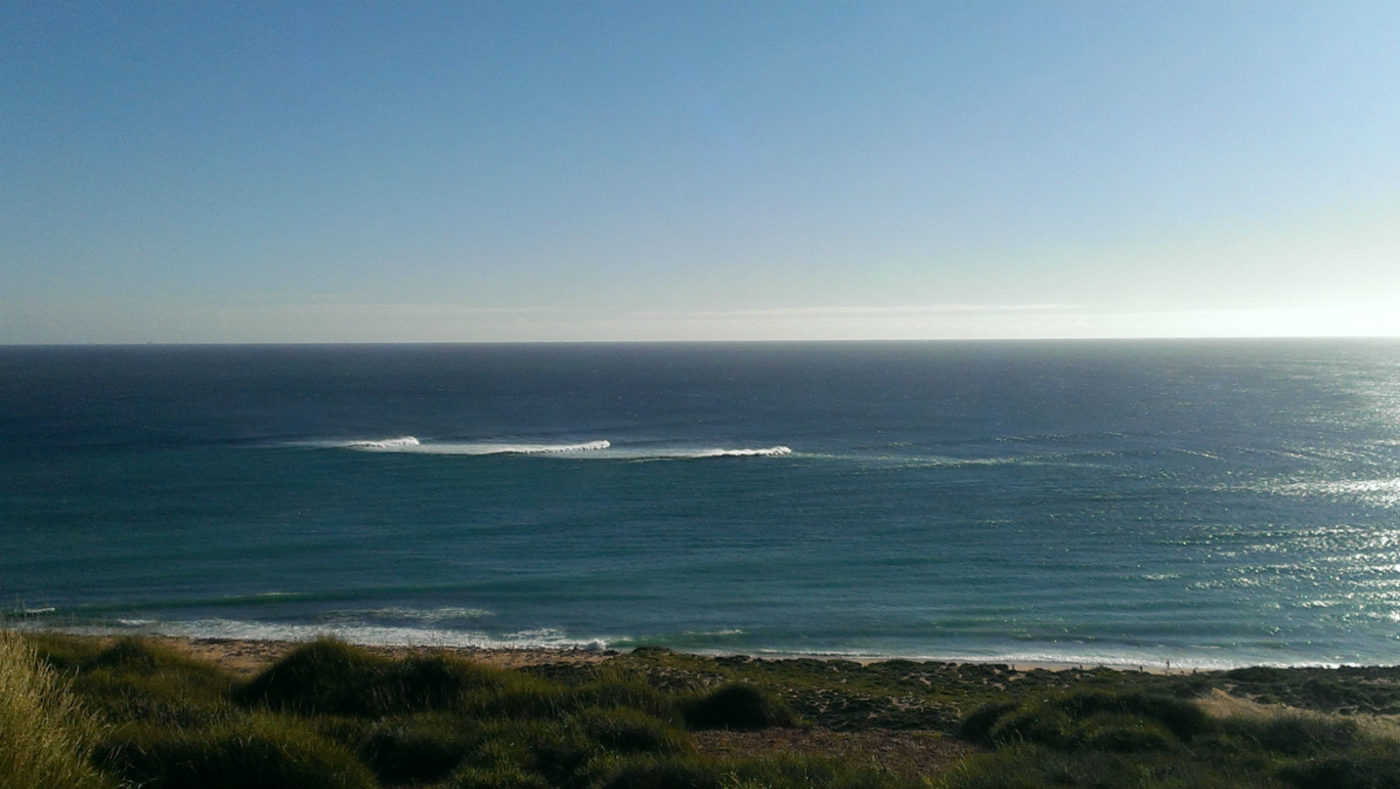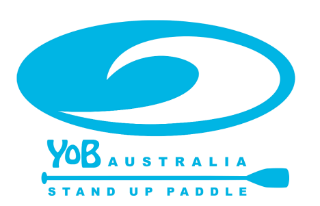
Yu On Blue and the Environment
Yu On Blue Australia are committed to reducing the impact that YOB Australia products will have on the environment, both here in Australia, and also at our point of manufacture in Southern China.
To maximise this reduction, we have gone through the entire manufacturing, packing, shipping, and ultimately, the disposal of a SUP at the end of it’s useful life, to see where we can minimise land fill and maximise recycling of waste materials.
By far the largest (by volume) component of a SUP is its core. The core material on all YOB Australia SUPs is expanded polystyrene (EPS). EPS is 100% recyclable. Our boards are machine shaped from a block of EPS, so there can be considerable waste. All off cuts and EPS waste is recycled, diverting it from landfill. Once a SUP has reached the end of its useful life, the outer epoxy covering can be stripped away, and the EPS core can be recycled. Our 9’8” SUP is 165 litres in volume, by the time the outer epoxy coating is stripped away, the core is approximately 158 litres in volume. This means that around 96% of the volume of the SUP can be recycled.
Another big part of our commitment to reduce the impact on our environment is by carefully choosing the method and type of packaging we use and the way in which we freight our SUP’s from the factory to our warehouse. By doing this we have reduced the amount of packaging that is required to ship SUP’s by around 45%. Initially all SUPs were wrapped in layers of bubblewrap and cardboard, and then put in boxes with off-cuts of EPS and other packing material. The boxes were then loaded in to the container for shipping. On arrival, we would then have to unload the boxes, and take the boards from the boxes along with the rest of the packaging – a lot of packaging material. Now, the SUPs are carefully wrapped in recyclable packaging and then carefully loaded into the container prior to shipping. On arrival the SUPs are unloaded and unwrapped. Part of the unwrapping process is to separate all the wrapping and place into large bales, which are collected and taken to a centre for recycling. Certainly more expensive and time consuming than just disposing of it via landfill, however absolutely worth the cost and effort for our environment.
A bonus for us has been that we can fit more SUPs in each container and that over the course of a year it has resulted in us needing less containers shipped for the same quantity delivered, producing a big saving on our freight bill, which in turn means less greenhouse gases produced.

